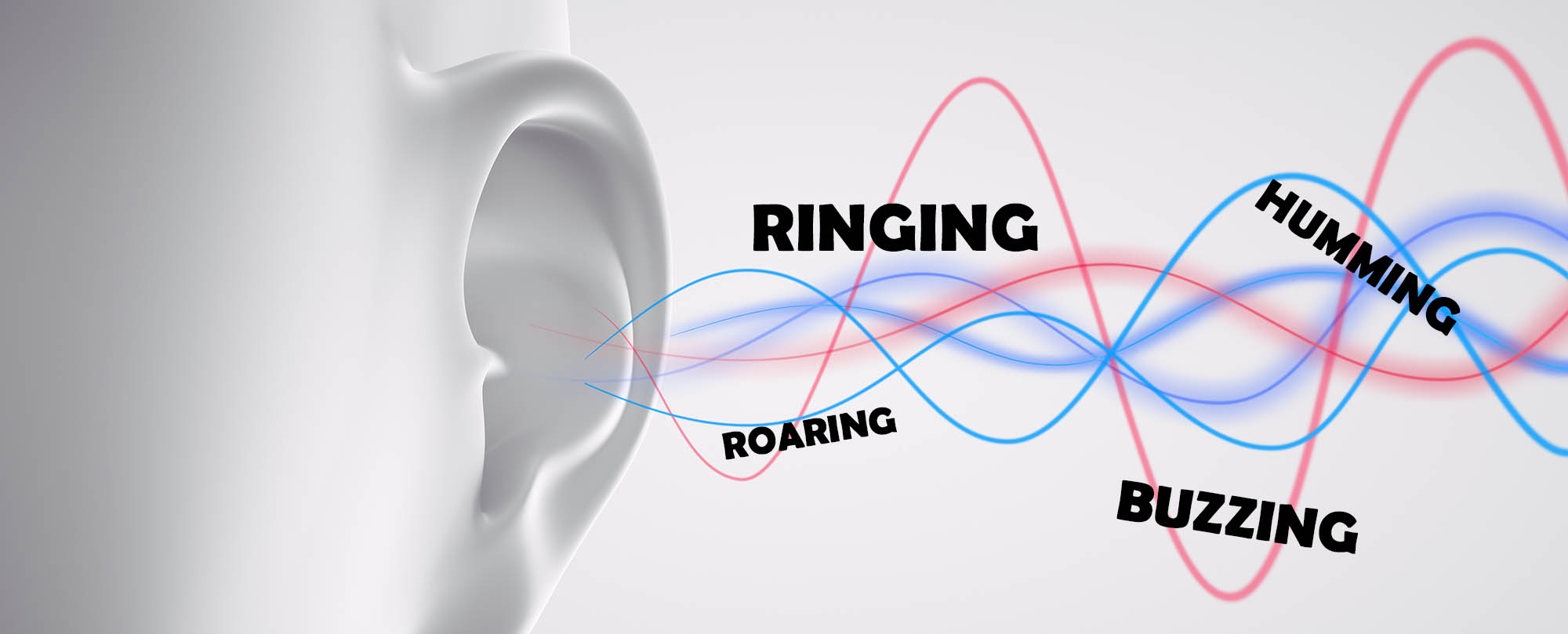Commonly called ringing in the ears, tinnitus is either heard in the ears or felt in the head as a ringing, buzzing, or high-pitched musical hissing sound. Auditory hallucinations of voices or tunes have different causes and are not included under this term.
Causes
Fever-producing illnesses, alcohol and tobacco consumption, extreme fatigue, and general ill-health can cause temporary ringing in the ears which soon settles and is of no consequence. Tinnitus, however, may indicate a more serious condition. With the help of Sonus complete, you can get all these symptoms of tinnitus under control. This way you can control the symptoms and protect your ear from receiving any damage.

Ringing in both ears may be an early sign of damage caused by drugs or by noise-induced hearing loss. Tinnitus confined to one side may indicate an acoustic neuroma, a tumor that develops on the nerve of hearing. Any localized disorder of one of the ears such as excessive wax or middle ear infection will similarly produce one-sided tinnitus. At times disorders of the neck, teeth, and the temporomandibular joint will produce ringing in the ears, often with a localized pain
Other important causes of ringing in the ears are Meniere’s disease, otosclerosis, and presbyacusis. Meniere’s disease is associated with dilatation of fluid-filled channels of the cochlea or inner ear; the tinnitus is accompanied by vertigo and hearing loss. Otosclerosis is a condition in which new bone forms on the innermost ossicle, the stapes, and over the cochlea causing conductive hearing loss. Presbyacusis occurs to a variable extent in all people; it relates to a decrease in efficiency of the cochlear functioning, primarily from wear and tear. Tinnitus associated with presbyacusis will probably continue throughout life.
Treatment
Treatment is directed at the specific cause. When the ringing is on one side a local disorder may be the cause. Infections and excessive wax are easily identified and dealt with, but an acoustic neuroma may be more difficult to diagnose.
When tinnitus occurs on both sides, potentially ototoxic (toxic to the ear) drugs should not be used or the dosage should at least be reduced. If the ringing has a definite pulsation to it, excessive blood flow near the middle or inner ear is likely. This may be caused by high blood pressure, an inflammatory process, or occasionally a tumor.

If no obvious cause is found, audiometry is usually undertaken to assess sound conduction and cochlear function.
When the underlying condition cannot be treated, such as with presbyacusis, reassurance and explanation are important. If the tinnitus is particularly severe at night, sedatives may be useful. Drugs used occasionally to treat tinnitus include lignocaine (which is given by vein), carbamazepine, and phenytoin.


